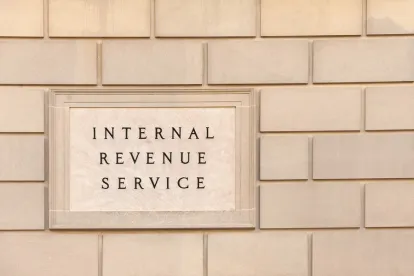Like many other areas, employers are grappling with issues in response to the pandemic growth of the 2019 Novel Coronavirus (aka, “COVID-19”) in the workplace. One newer topic has been related to the desire to ensure employees and their families are proactively being diagnosed once symptoms present, to ensure proper care management for the employee but also to assist in preventing the spread of the virus.
The immediate concern is that employees are less likely to seek early diagnosis and treatment when enrolled in a high deductible health plan (HDHP) because they are personally responsible for the full cost of claims and expenses for treatment if they have not yet met their annual deductible. One approach suggested by the insurance carrier and consulting community, which is also supported by the Trump Administration, is to amend the plan to allow the costs of being tested and treated for COVID-19 to be covered without being subject to deductibles and other cost-sharing arrangements. The challenge has been that existing IRS guidance was unclear whether such cost-sharing arrangements could be deemed preventive care which would exempt tests and treatment of COVID-19 claims from the standard definition of a “high deductible health plan” under Internal Revenue Code Section 223(c)(2)(A), but not jeopardize contribution eligibility for any amounts contributed to a health savings account (HSA) by the employee and/or employer for such “first dollar coverage” under the plan.
Fortunately, the Internal Revenue Service (“IRS”) just issued Notice 2020-15 to confirm that until further guidance is issued, an HDHP plan still complies with HSA contribution guidelines if it provides health benefits associated with testing for and treatment of COVID-19 without a participant first satisfying the deductible. The payment for such tests and treatment of COVID-19 under the HDHP can be considered “preventive care.”
By allowing this assistance without jeopardizing the status of an HDHP, individuals who participate in an HDHP are still eligible to contribute to their tax-favored HSA while also allowing the Plan to provide additional financial assistance to offset at least a portion of the cost of claims related to COVID-19. This is welcomed news, but still more questions remain. For example, what costs can actually be considered a “treatment” of COVID-19? If an individual goes to urgent care, a primary care doctor, or even consults with a telehealth medical professional and then the individual tests negative for COVID-19 but positive for influenza A or B, does that individual have to pay the applicable cost of that medical treatment even though they may have been symptomatic to COVID-19 initially?
Today’s guidance possibly opens more questions than answers on those topics, particularly since this latest guidance makes no other modification to prior guidance on HDHP compliance issues; vaccines and other preventive care under the Safe Harbor in §223(c)(2)(C) remain unchanged. Employers with fully insured health plans will have some of these issues resolved by their insurance carrier, who will be separately announcing changes to existing insurance policies and coverages offered in order to be in compliance with state and federal laws. However, other questions will remain about HSA compliance issues. Likewise, employers with self-insured plans have more discretion, and more scrutiny, over the changes made to the health plan in response to COVID-19.




 />i
/>i
